Can Menopause Cause Fatty Liver? The Health Problems and Natural Remedies for Fatty Liver
What Causes Non-Alcoholic Fatty Liver Disease (NAFLD)?
During menopause, the production of estrogen and progesterone decreases, which can cause various health issues like weight gain and an increased risk of non-alcoholic fatty liver disease (NAFLD). It's a condition where the liver accumulates excess fat, which can lead to inflammation, scarring, and liver damage. There are several risk factors associated with fatty liver disease, including obesity, diabetes, and high cholesterol.
For women going through menopause, the decrease in estrogen levels can contribute to the development of this condition too. Estrogen is super important in regulating lipid metabolism and insulin sensitivity, so when levels drop, the body might have a hard time regulating these processes, leading to weight gain and fat accumulation in the liver.
Another factor that may contribute to fatty liver disease during menopause is the decrease in physical activity levels. As women age, they may become less active, which can lead to weight gain and an increased risk of fatty liver disease.
4 Natural Remedies to Manage Fatty Liver
There are 4 natural remedies that may help to prevent or manage fatty liver disease during menopause.
1. Weight Loss Can Reduce Accumulation Of Fat In The Liver

One of the most effective is weight loss. Weight loss can improve fatty liver because excess body weight is a common cause of the condition. Losing weight can reduce the accumulation of fat in the liver, and also reduce inflammation that can cause further liver damage. Even a modest weight loss of 5-10% can have significant benefits for people with fatty liver disease. A healthy diet and regular exercise can help achieve weight loss and improve overall liver health.
2. Exercise Can Improve Insulin Sensitivity And Reduce Inflammation

A healthy diet can also play a crucial role in preventing or managing fatty liver disease. Eating a diet that is high in fruits, vegetables, whole grains, lean proteins, and healthy fats can help to reduce inflammation, improve insulin sensitivity, and promote weight loss. Avoid processed foods, sugary drinks, and excessive amounts of alcohol, as these can contribute to the development of fatty liver disease.
Some specific foods and nutrients that may be particularly beneficial for liver health include omega-3 fatty acids, found in fatty fish and some plant-based sources like chia seeds and walnuts, and antioxidants like vitamins C and E, found in fruits and vegetables.
3. Healthy Diet is Important for Preventing NAFLD

Exercise is another important natural remedy for fatty liver disease. Exercise can improve fatty liver in several ways. Physical activity can help with weight loss, which can reduce the accumulation of fat in the liver. Exercise also helps improve insulin sensitivity, which can reduce the risk of developing non-alcoholic fatty liver disease (NAFLD) and slow its progression.
Exercise can also reduce inflammation, which can further improve liver health. Additionally, regular exercise has many other benefits for overall health, including reducing the risk of type 2 diabetes, heart disease, and certain types of cancer.
Aim for at least 30 minutes of moderate-intensity exercise, such as brisk walking, cycling, or swimming, on most days of the week.
4. Wejoy Balance – Natural supplement designed to promote natural weight loss & improve liver health
In addition to these natural remedies, there are also supplements that may be beneficial for managing fatty liver disease. Wejoy balance contains Green tea extract, Turmeric root powder and fenugreek seeds, which are commonly used natural remedies for fatty liver diseases. Green tea extract contains antioxidants known as catechins, which have been shown to help reduce the amount of fat in the liver and improve liver function. One study published in the Journal of Nutrition found that green tea extract was effective in reducing the amount of fat in the liver and improving liver function in animals with fatty liver disease.
Wejoy Balance is also designed to support healthy weight management, which can help to reduce the risk of fatty liver disease caused by menopause. It may help to boost metabolism, suppress appetite, and reduce cravings for unhealthy foods, which can make it easier to maintain a healthy weight.
Fenugreek seed is a natural plant extract that has been traditionally used for various health benefits, including managing fatty liver disease. It contains fiber, which may help regulate blood sugar levels and promote weight loss, and has been shown to have a protective effect on the liver.
Turmeric root powder, which is also one of the ingredients in Wejoy Balance, has been found to have anti-inflammatory and antioxidant effects on the liver. A study published in the Journal of Medicinal Food found that turmeric extract was effective in reducing the amount of fat in the liver and improving liver function.
Conclusion
In conclusion, menopause can cause fatty liver disease, a condition in which excess fat accumulates in the liver. This can lead to inflammation, scarring, and eventually, liver damage.
To prevent or manage fatty liver disease, aim to maintain a healthy weight, be physically active, eat a healthy diet, and consider taking supplements such as Wejoy Balance and many more.
Consult with your healthcare provider before taking any supplements or making any changes to your diet or exercise routine.



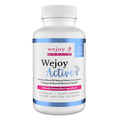
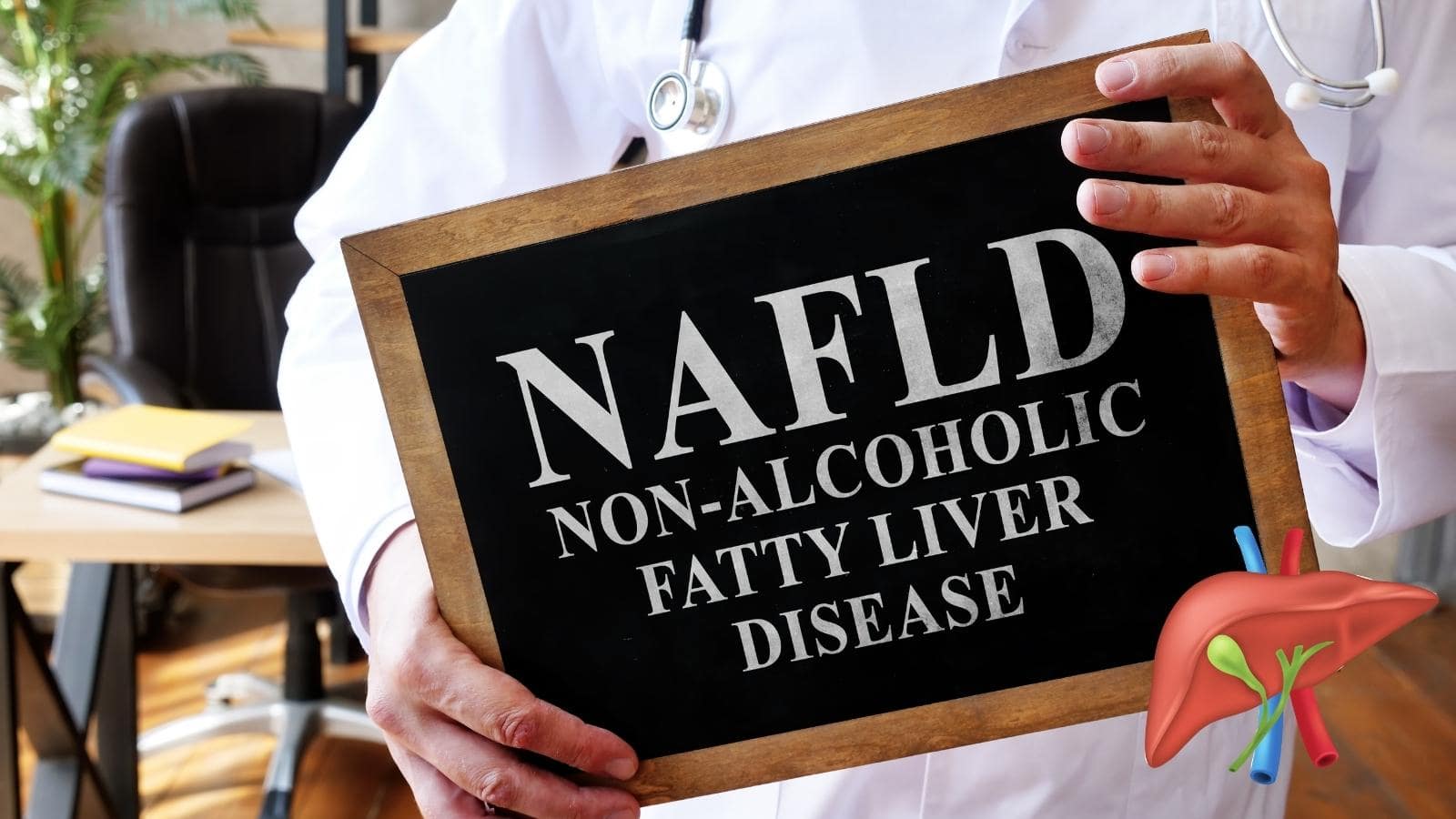



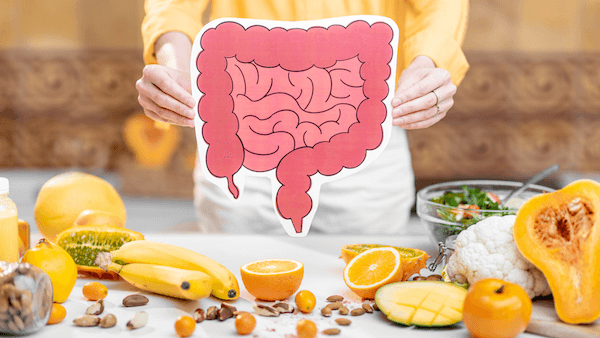

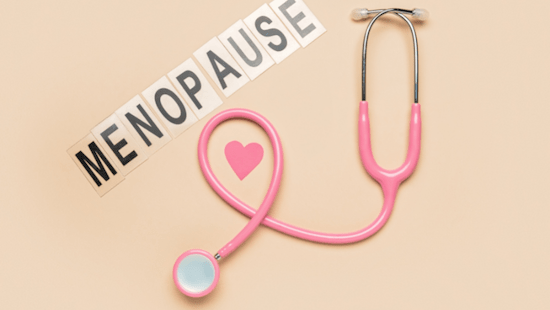

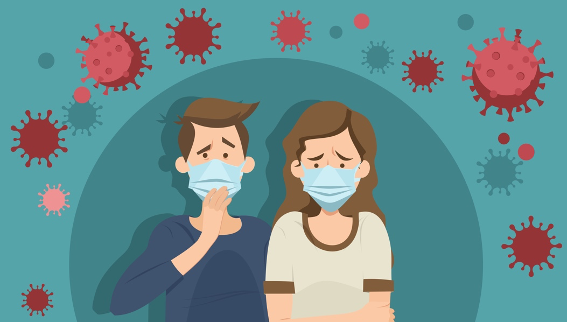


POST COMMENTS